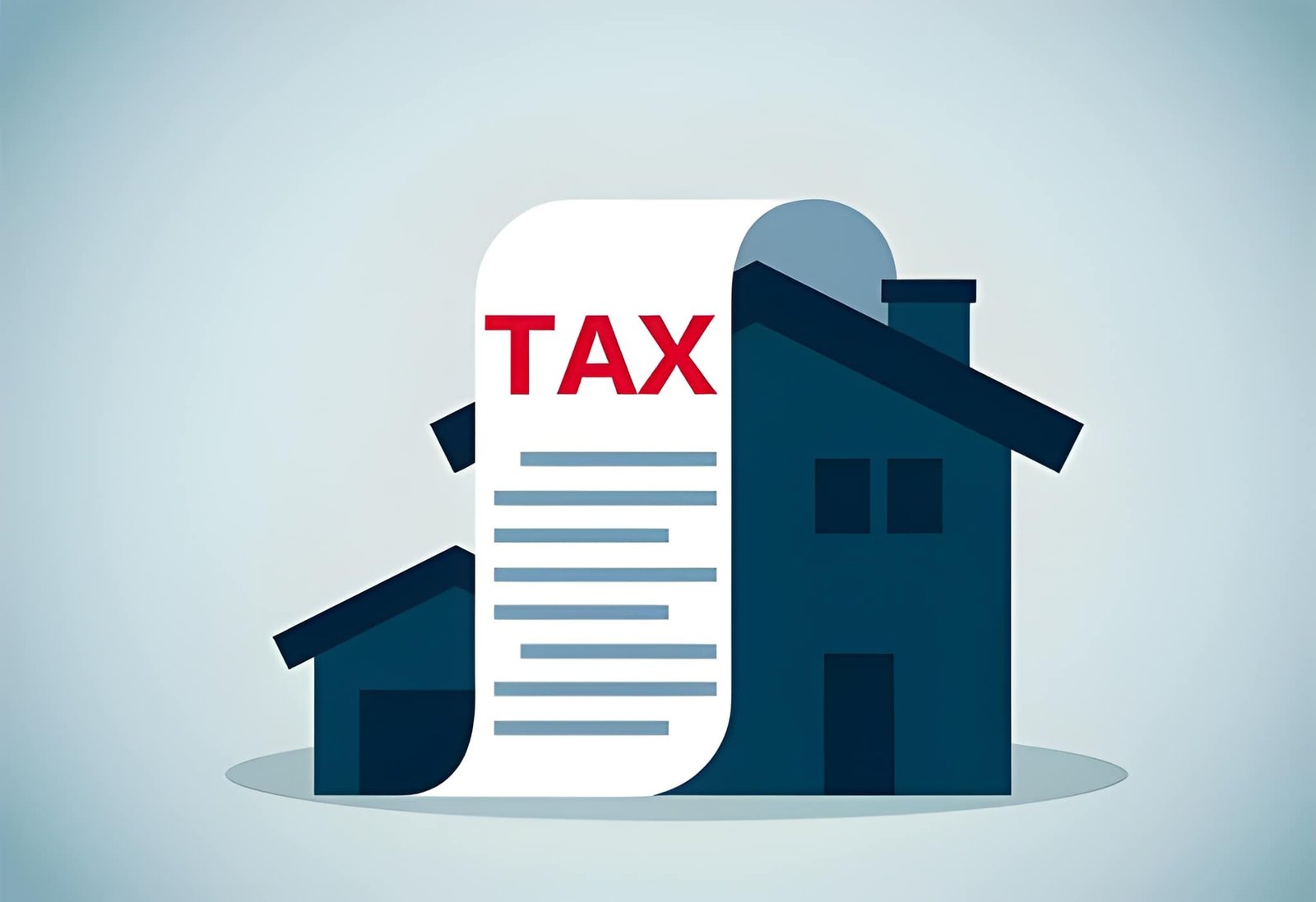Last week, the AICPA submitted recommendations to the U.S. Treasury and Internal Revenue Service (IRS) regarding the tax classification of purpose trusts, and functionally similar structures, for federal income tax purposes. The recommendations would simplify filing for taxpayers and practitioners and will reduce the administrative burden on the IRS.
A purpose trust lacks identifiable beneficiaries. Historically, common law deemed such trusts invalid due to this lack of beneficiaries. The trust’s validity may hinge on whether someone else can enforce it. Additionally, uncertainty about the tax status of purpose trusts complicates compliance, leaving taxpayers and advisors unsure about applicable rules and required filings.
The AICPA recommends that the IRS:
- Revise regulations to state that a purpose trust is generally classified as an ordinary trust for federal income tax purposes.
- Amend regulations to state that distributions made for the purpose of a purpose trust that aren’t considered distributions to a beneficiary are not eligible for a distributions deduction under section 661 and are not taxed to recipients under section 662.
- Issue guidance on the application to purpose trusts of the grantor trust rules, transfers to foreign nongrantor trusts, and information reporting requirements.
- Issue guidance for federal income tax purposes to treat:
- Foundations functioning as purposes trusts as trusts.
- Nonstock corporations functioning as purpose trusts as corporations.
Allow purpose trusts and foundations functioning as purpose trusts to elect to be taxed as corporations.
Permit nonstock corporations to elect classification as ordinary trusts.
- Provide guidance on section 4947 to clarify that it applies to wholly charitable nonexempt entities, including trusts, foundations, and nonstock corporations, as well as for wholly charitable nonexempt trusts that elect for tax treatment as associations taxable as corporations, provided that the deduction for the structure is permitted under specific sections of the Internal Revenue Code
“The growth in the use of noncharitable purpose trusts makes this issue important,” says Eileen Sherr, AICPA’s Director of Tax Policy & Advocacy. “If a purpose trust is not treated as a trust, the existing regulations do not provide any guidance on how it should be classified. A purpose trust, or an alternative structure functioning as a purpose trust, should be able to elect its tax classification because an entity can already de facto elect by choosing to organize as a trust, foundation, or corporation under state law.”
Thanks for reading CPA Practice Advisor!
Subscribe Already registered? Log In
Need more information? Read the FAQs




